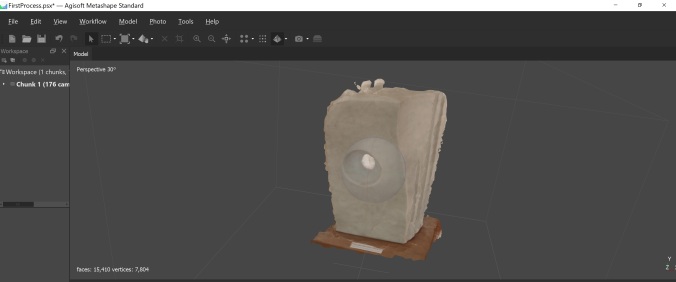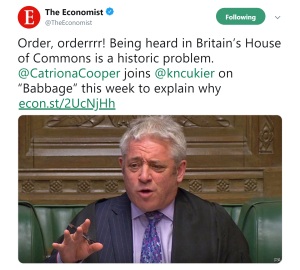We all know job hunting is miserable. Filling out job applications forms with the same information for different institutions, carefully crafting covering letters, tweaking CVs. Then there’s the short lift of pressing send before the agonising wait to hear back. The depressing emails telling you you haven’t been shortlisted, or the funding bid hasn’t come through. It’s all a bit sad. I want to highlight a few things that I think could make the process slightly less emotionally draining for candidates.
I have after a month of unemployment I have landed some more post doctoral work, I had started to apply for roles in May 2018 as the post I was in was coming to an end and really started applying in earnest from July. A very short teaching contract in October saved my bacon, but the first half of December I was losing the drive to keep applying. During this period I was shortlisted for four academic roles, one job I applied for disappeared, I wasn’t shortlisted for four or five more, I also interviewed for two commercial role (one of which offered me a job), and I didn’t get shortlisted for some other types of job.

Email of job rejection letter
These points aren’t meant to be about me bemoaning my lack of employment but a few points that I think could make the process slightly better. Obviously nothing is going to remove the sadness and not getting a job but I think we could all be a bit kinder.
Send out rejection emails when you shortlist. Most of the systems are automatic and given that shortlisting happens quickly there is no need to wait over four weeks to let a candidate know they are unsuccessful.
Let short listed candidates know as soon as possible that they have not been successful. The most positive post-interview experience I had (other than getting a job) was being called on the day of the interview to tell me I had not been successful. The worst experience was waiting over two weeks, which included a number of follow-up phone calls, to confirm I had not been successful. If you are interviewed your emotions do run very high until you hear back. The sooner you know the easier it is to deal with the stress. I also believe that its polite to call shortlisted candidates, I know it takes time but usually there aren’t very many people on the list and it does make you feel a tiny bit valued. If not a personal email. Given the candidates have often travelled a distance and at their own expense I would consider this a courtesy.
If you are interviewing via Skype check that all parties can be heard and understood. One interview I attended involved a panel spread across three locations with multiple interviewers in one location and the microphones did not pick up one of the voices very well. Interviews are high stress environments this adds to that stress.
Linked point, check the tech works or you know how to use it. For example screen sharing.
If you are asking candidates to give a presentation make sure you are consistent with the brief. A mini lecture to students and staff is not the same as presenting to a room full of predominantly male academics who are all significantly more experienced than you.
Linked point: gender balanced panels are helpful.
Make sure the directions you provide are accurate and up-to-date.
Possibly more relevant to commercial companies but if you are interviewing a candidate for a permanent post its pretty mean to offer them a fixed term contract instead without any discussion of the changing role.
I refuse to believe that any of the jobs I applied for were offered to internal or preferred candidates on anything other than the candidates own performance at interview or superior experience. Though if your shortlisting someone with significantly less experience you should question why you’re doing so.



